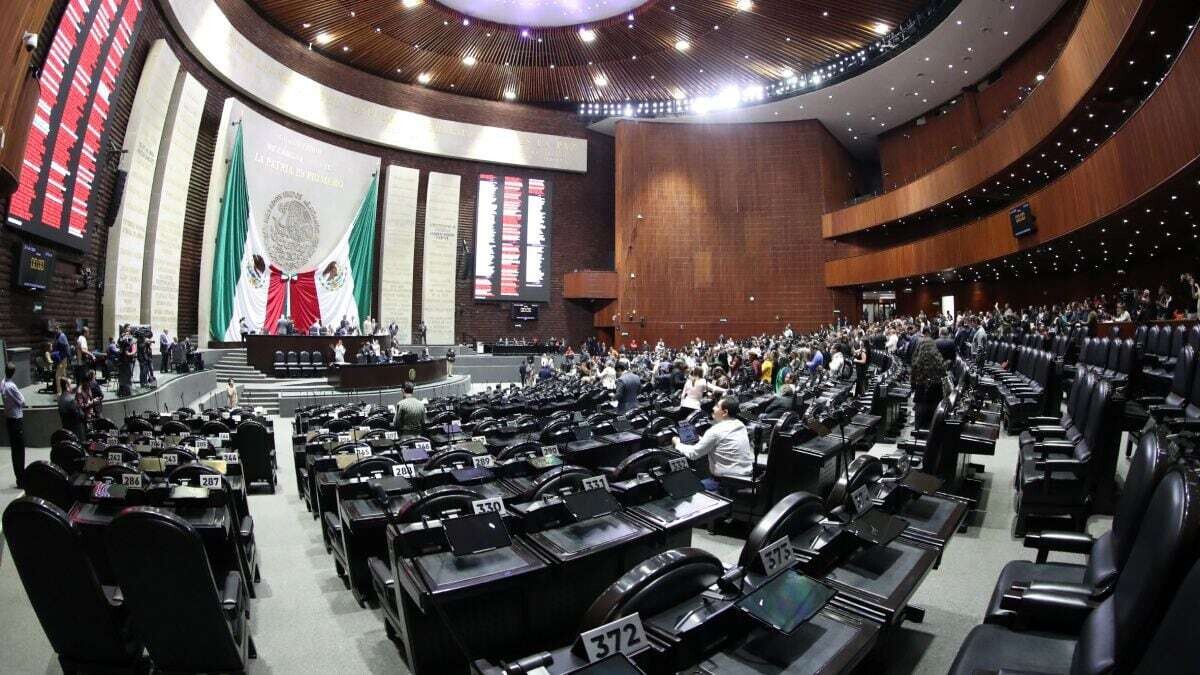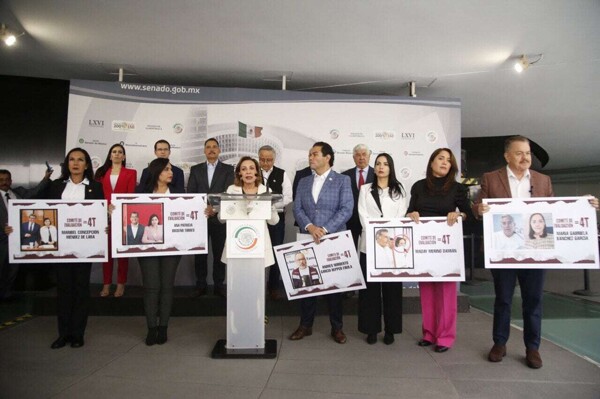
The Chamber of Deputies carried out on Thursday, October 31, the declaration of the constitutional reform that modifies two articles of the Constitution related to the challengeability of additions or reforms to the Magna Carta. During an ordinary session, the legislators approved the decree that alters Article 107 and adds a fifth paragraph to Article 105 of the Constitution. This reform, which addresses constitutional supremacy, had already been approved by at least 17 state Congresses for its subsequent publication in the Official Diary of the Federation.
An hour later, the Senate also made the declaration of constitutionality of the reform that will safeguard the initiatives approved by the Congress of the Union. During an ordinary session, the president of the Board of Directors, Gerardo Fernández Noroña, supported the reform related to the challengeability of constitutional modifications.
As for the controversial reform called "Constitutional Supremacy" approved by the Chamber of Deputies on October 30, it establishes the inadmissibility of injunctions and controversies against reforms to the Constitution. The opinion, which reinforces constitutional supremacy and limits the scope of judicial resolutions that suspend laws or acts of the Congress and Executive, was sent to local legislatures for their approval prior to official publication and entry into force.
Legislators from Morena, the Labor Party (PT), and the Green Ecologist Party achieved the necessary majority to approve the reform in general. This initiative ensures that constitutional provisions prevail over any other norm or resolution, including judicial decisions. It is stipulated that actions of unconstitutionality filed against reforms to the Constitution cannot halt their immediate application, being seen as a defense of the sovereignty of the Legislative Power and a mechanism to protect recent constitutional reforms.
The new measure is presented amidst accusations against the Judiciary for corruption and impartiality and seeks to ensure that the decisions of representatives elected by the people are not subject to judicial criteria.














